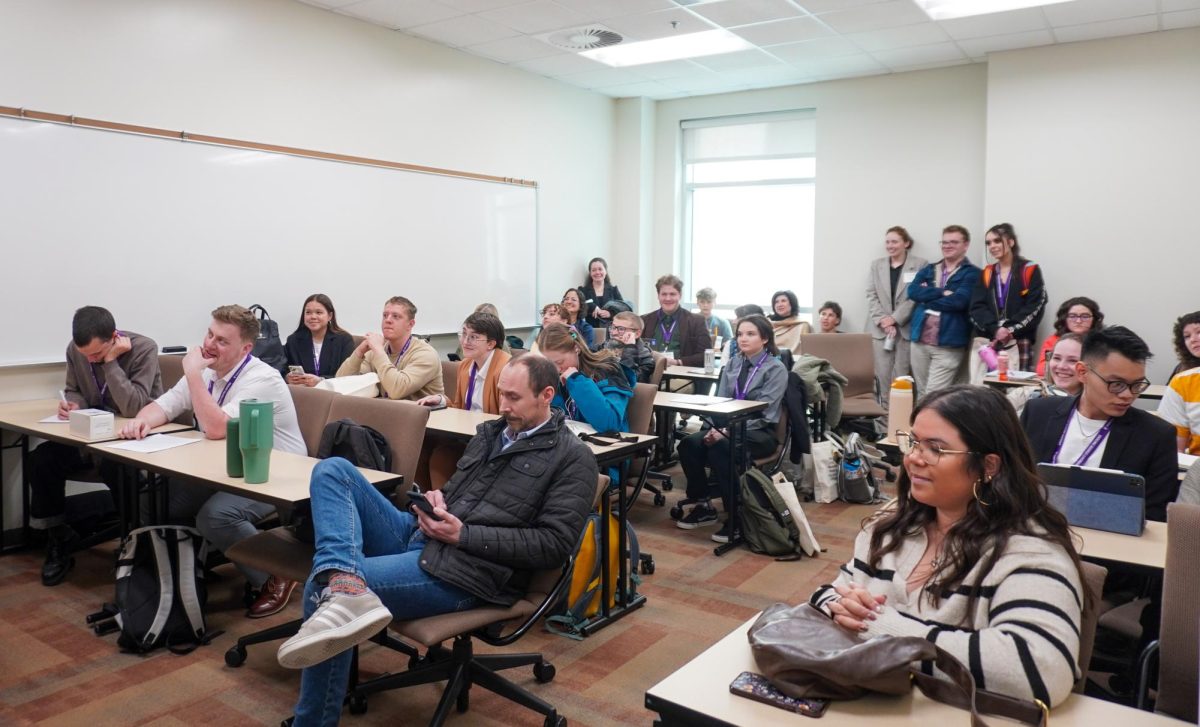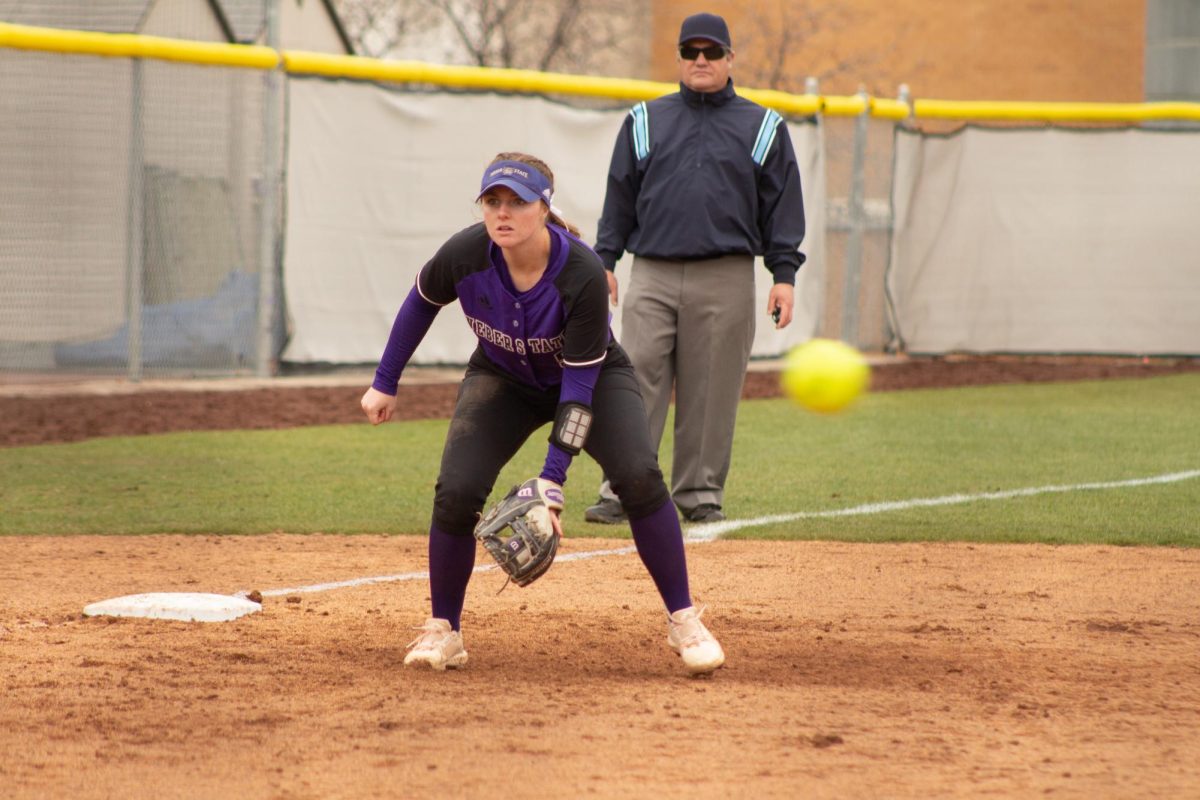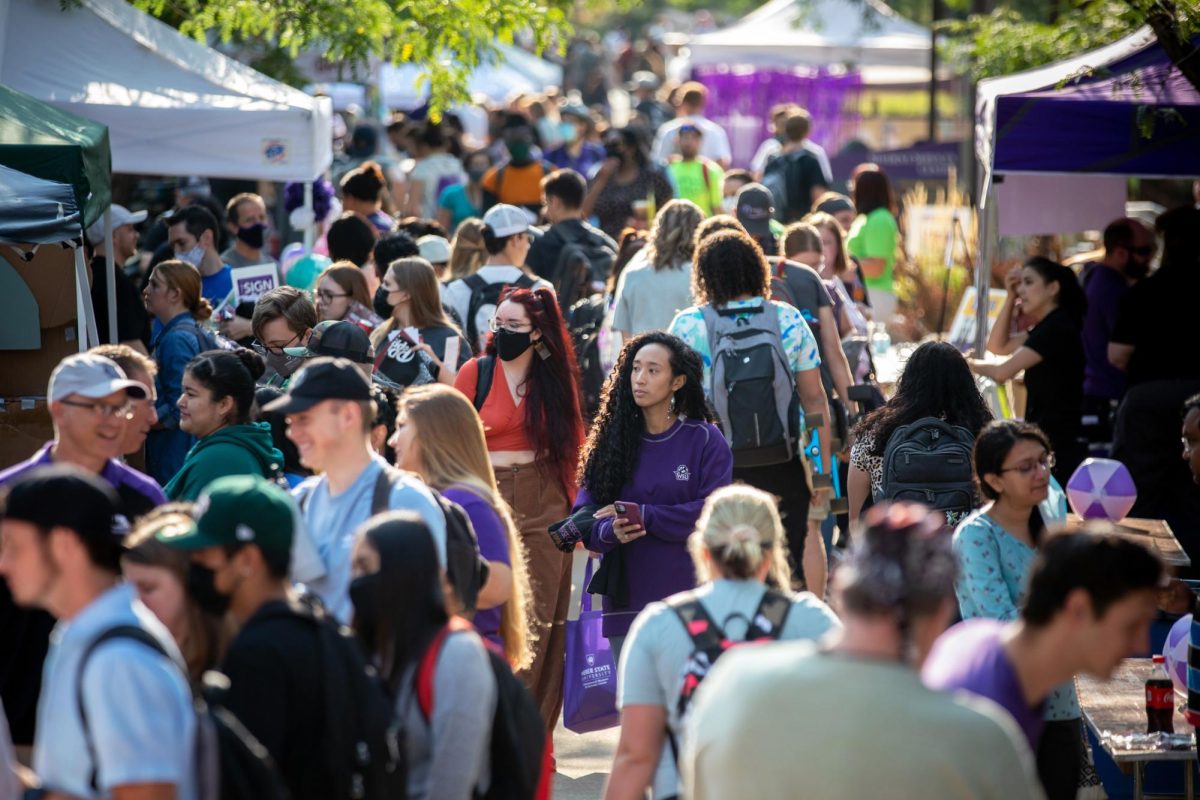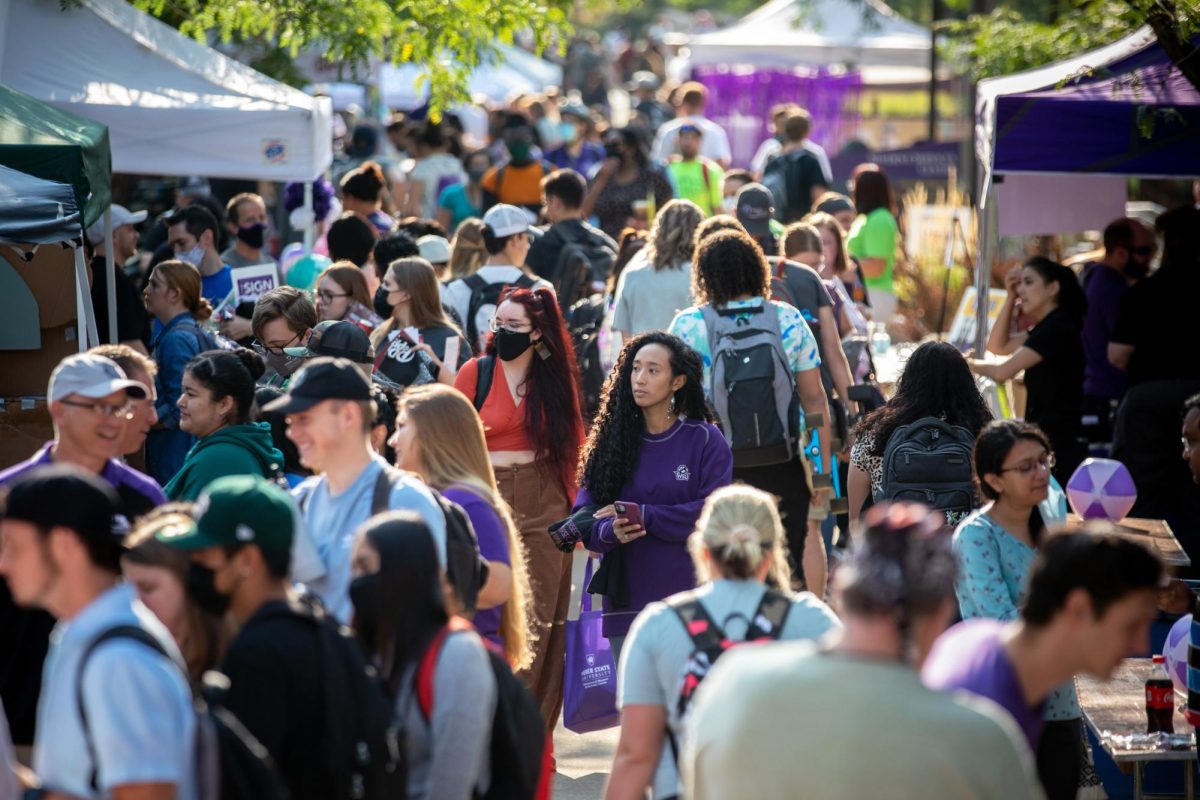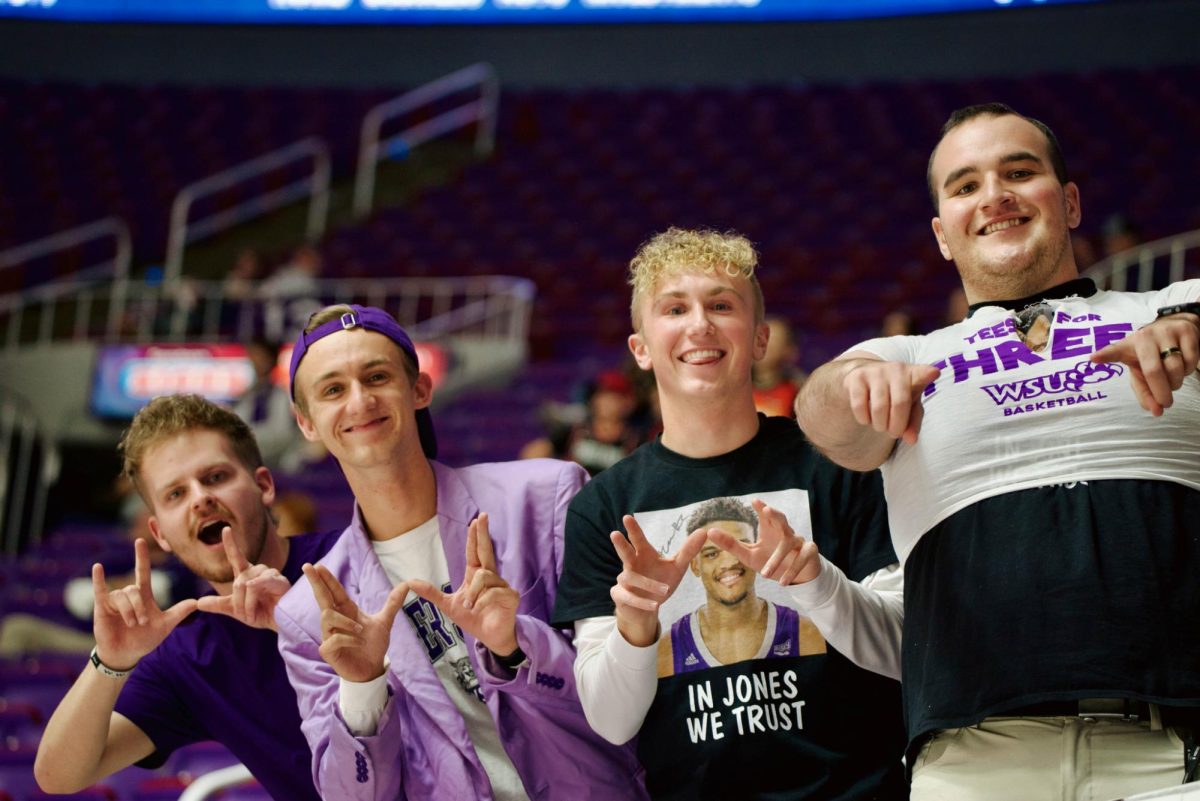Weber State University will welcome high school debaters from across the country to the 2014 National Debate Coaches Association Championship April 12-14.
The national championship will run for three days, spanning Saturday and Sunday on campus, with Monday’s events being held at the Ogden Summit Hotel to avoid interrupting classes and other campus activities.
WSU will host the tournament just one year after hosting the 67th National Debate Tournament, which ended up being a “million-dollar event” for the community, according to Omar Guevara, WSU’s director of forensics and the debate team adviser.
“That’s part of what I consider to be sort of the healthy return on investment for well-supported, well-appreciated college debate teams — that they can contribute not just to the cultural growth of the community, but the economic growth and in economic development as well,” Guevara said.
He also said he anticipates the event to bring in a total of $500,000 to the community.
“We’re going to sell every room in the Ogden Summit for about five days in a row . . .” he said. “This is the national championship, so people are going to come to town. They’re going to want to have a positive memorable experience.”
According to Guevara’s early estimates, about 80 percent of the 500 attendees have never traveled to Utah before and about 95 percent have never been to Ogden.
Weber State Debate has been making a name for itself on a national level in more than just hosting events, currently holding the National Debate Tournament District II highest overall ranking.
“No matter where Weber State competes in either of the conferences (the West and Pacific Northwest), we’ve been No. 1 for the last two years in a row,” Guevara said.
The success of the team was what drew freshman debaters Elisa Saavedra and Misty Tippets to WSU. Saavedra and Tippets, both of whom competed in past NDCA championships, said they found the experience positive overall.
“There are other tournaments that are like this that are very prestigious that I’ve been to that aren’t positive experiences . . . but at NDCA, it’s a good feeling all around,” Tippets said.
She also said her attendance at NDCA affected her desire to continue with debate in college.
“By being able to go to a tournament, that was pretty prestigious and hard, and (to) be able to do well . . . was exciting and made me want to continue debating,” Tippets said. “It was a good experience all around with the tournament and making it a good last hurrah of high school debate.”
Saavedra, originally from California, said she believes NDCA can help change the lives of students who may not have had the opportunity to compete otherwise.
“I came from a different type of debate league than a lot of kids did, because I came from an Urban Debate League,” Saavedra said. “We didn’t have as many resources . . . The reason that they have the Urban Debate League is so they can target urban school districts that are not really the safest places, and they target those types of areas to try to push kids up out of that to give them a better chance.”
Saavedra said one of the greatest things she pulled from attending NDCA was the ability to “make it so you can show everyone you’re not here to see what I look like — you’re here to hear what I have to say.”
Guevara said he is excited about the level of national attention the event will continue to bring the university’s debate program.
“We’re Weber State’s oldest and most competitive team, founded in 1922 . . .” he said. “Weber State has made its mark with competitive speaking and competitive arguing for almost 100 years.”







